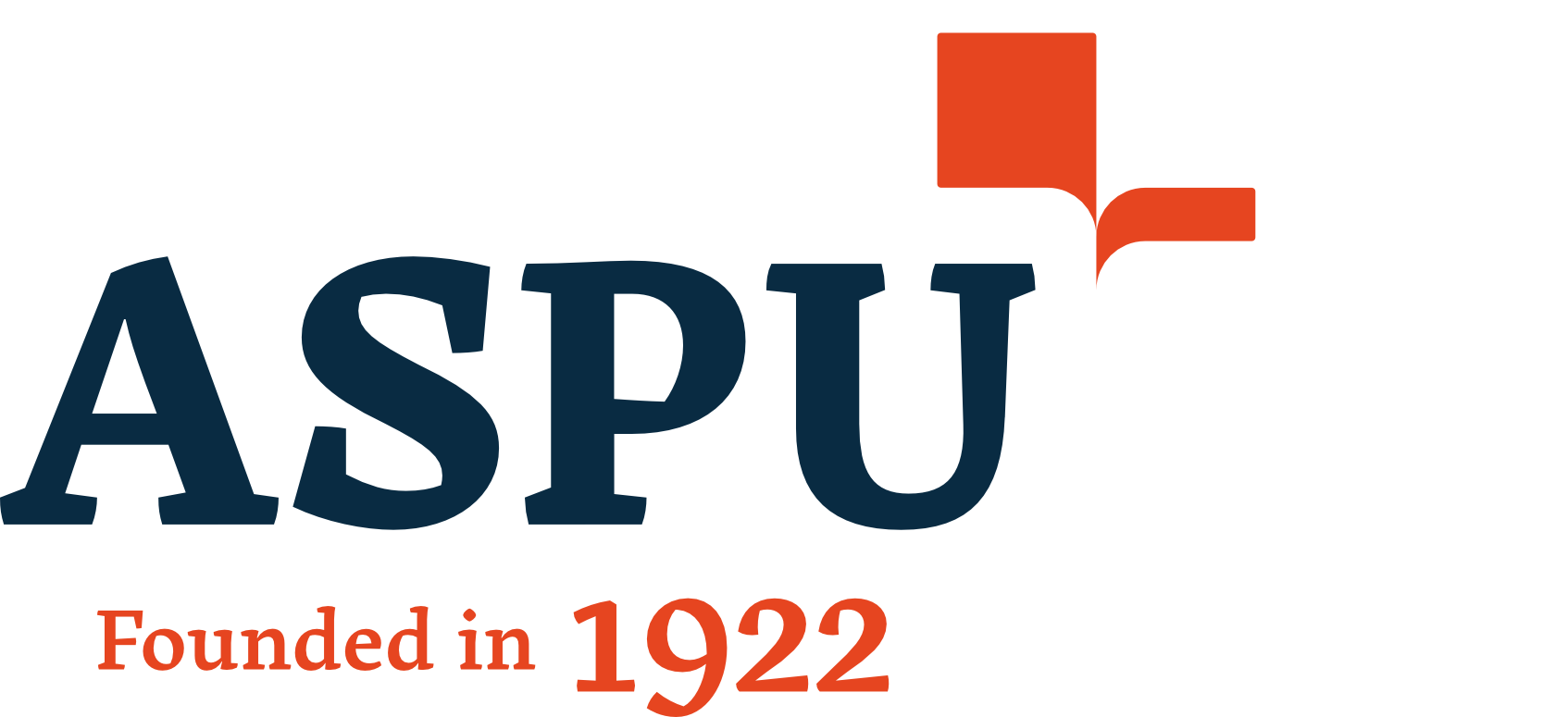-

- Academic staff: 34
- Students: 250
- International students: 5
The Faculty was established in 1930. Thanks to active international cooperation, foreign partners often give lectures at the University, and lecturers of the Faculty deliver lectures at universities abroad.
The Faculty often organizes international, republican, and student conferences dedicated to various historical and pedagogical issues.
The Faculty has a laboratory (Scientific Research Center for Study of History Teaching Issues in Armenia and the Diaspora), and a club of amateur mountaineers called “One Hundred Peaks.” The Student Scientific Society and the Student Council of the Faculty often organize various extracurricular and military-patriotic events.The Faculty is highly competitive; it has a good reputation among the HEIs and research institutions of the country.
Graduates of the Faculty can work as teachers of History and Social Science in schools and secondary vocational education institutions. They can also work at museums and other state and public institutions in the fields of education and law.
Advantages of the Faculty
—————————————————————————————————————————————————————————————————————————————————————————————————————————————————
✔ most of the staff members are members of professional councils
✔ offers postgraduate education (Postgraduate degree courses)
✔ offers active student life
Chairs
—————————————————————————————————————————————————————————————————————————————————————————————————————————————————
✔ Chair of World History and its Teaching Methods
✔ Chair of the History of Armenia
Dean's Office of the Faculty of History and Social Studies
———————————————————————————————————————————————————————————————————————————————————————
-
- Mode of Study at the Faculty of History and Social Science
✔ Bachelor’s degree programs /full-time and distance learning/
➜ History
➜ Social Science
✔ Master’s degree programs /full-time and distance learning/
➜ History
➜ Jurisprudence
➜ Social Science



